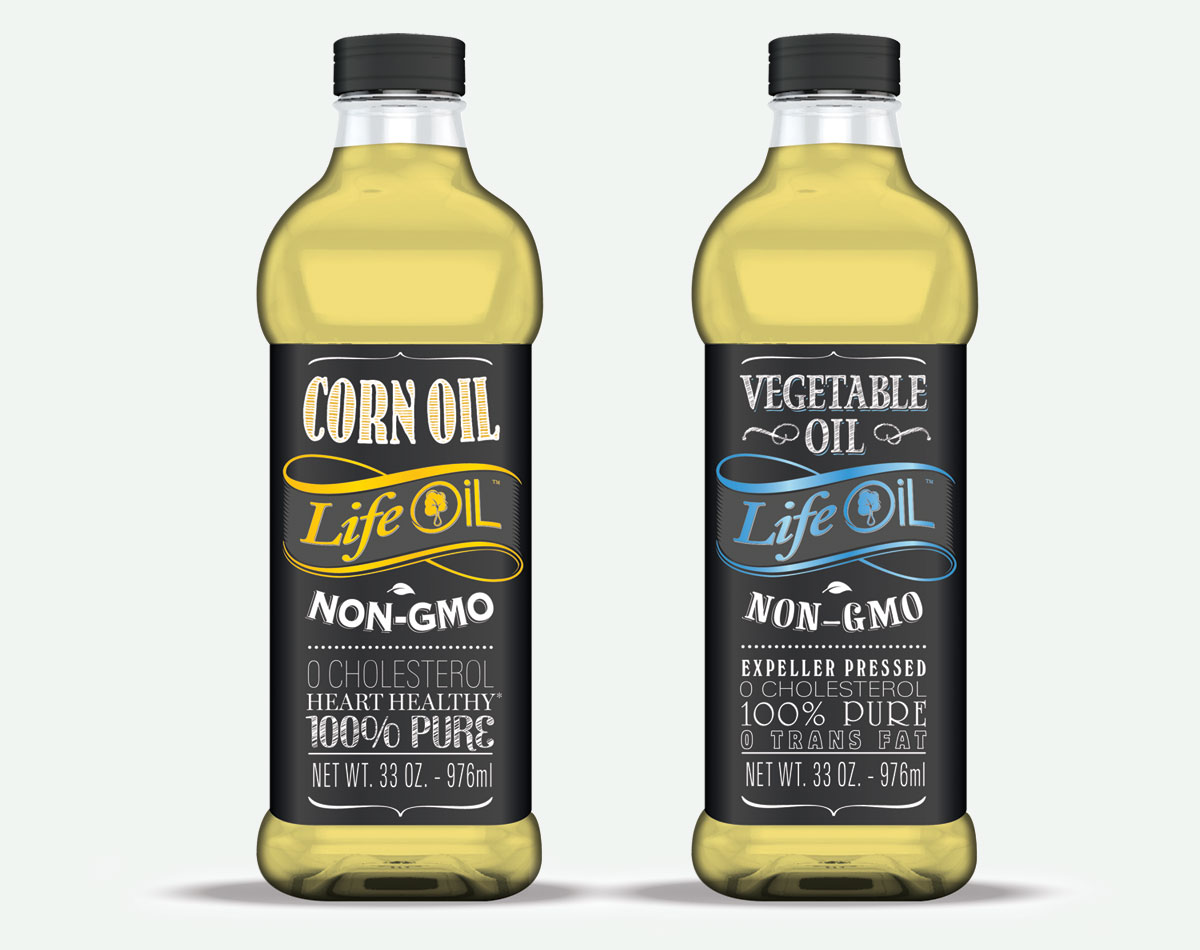Progressing from a mechanical engineering background to marketing pacemakers and defibrillators for heart patients, Bryant began to explore business opportunities to help reduce heart disease through better eating.
Olive oil for African American and Latino populations
“A friend suggested importing olive oil from Turkey, but that was too expensive,” said Bryant, whose company, the Alden Group, is based in Farmington, Michigan, a suburb of Detroit. “Then I thought, why not find a niche market and launch a celebrity brand olive oil? I saw there was a gap in the marketplace for people of diverse backgrounds and their purchase of healthy cooking oils. Our research showed that African American and Latino populations have low consumptions of olive oil.”
Bryant approached B. Smith, successful restaurateur, model and TV host, who had built a strong brand over 35 years. He located a reputable major olive oil importer and in 2008, B. Smith’s Extra Virgin Olive Oil became Alden Group’s first product.
Taking a different turn in 2012, the company started developing a blended oil, combining sunflower, safflower and olive oils. By 2013, Sam’s Club was the first to offer the All Purpose Blend, LifeOiL’s first product, followed by Albertson’s and Walmart, which introduced it in 200 stores.
Oils sold in Walmart and Sam’s Clubs
“Our All Purpose Blend was naturally non-GMO, containing no modified seeds,” said Bryant. “But our retail customers were starting to request non-GMO oils, because the ‘big guys’ weren’t doing it. We found refiners and seed growers in the US and Canada so we could expand into other brands.”
After locating sources for non-GMO corn, canola and soy, Alden Group put together an aggressive strategy and within 12 months extended the LifeOiL brand to include non-GMO corn, canola and vegetable (soy) oils. Again, the first customer was Sam’s Club, which offered the non-GMO canola oil.
Just this August, LifeOiLs were rolled out in the new non-GMO packaging—the Healthy Blend in 200 Walmart stores, canola in 50 Sam’s Clubs across the US. In October, Walmart will pick up the non-GMO soy and canola oils, in almost 1,700 stores nationwide.
Non-GMO Project verified
“The supply is there once farmers realize the non-GMO market can be profitable,” Bryant said. “We were not the first non-GMO customer—but we had been in the game long enough to learn the space and create relationships.”
LifeOiLs’ canola, soy and blend brands are all verified by the Non-GMO Project. The corn oil is still in the verification process.
“How we cook really does matter,” Bryant said. “We are targeting those who want to avoid GMOs and who want a more affordable product.”
LifeOiL canola sells for about $2.98 per bottle. Although there is a premium to produce non-GMO oil, research showed that people are not willing to pay too much—organic oil is on one end, conventional oil on the other—with non-GMO oil priced somewhere in between.
Educating consumers is a significant challenge. The company does in-store demos, social media outreach, and efforts to attract the “mommy bloggers.” “Our marketing efforts for the non-GMO oils began this August,” Bryant said. “We wanted to make sure we had the distribution before we created the market buzz.”
Another challenge is growing the supply chain as the company expands. In addition to agreements with Sam’s Club, Walmart and Albertson’s, Bryant will meet with Whole Foods early next year. UNFI just added LifeOiL to its Midwest offerings.
Community involvement
Alden Group’s community involvement focuses on ameliorating hunger. It donates lots of food, and Bryant is currently working with his children’s school district on a proposal to subsidize school lunches for the large population of students who don’t qualify for lunch benefits, yet need them.
Seeking out a niche market and preparing to seize opportunities are strategies that came together well for the Alden Group. Now they can enjoy the reward of making an impact on health for a growing number of Americans.





